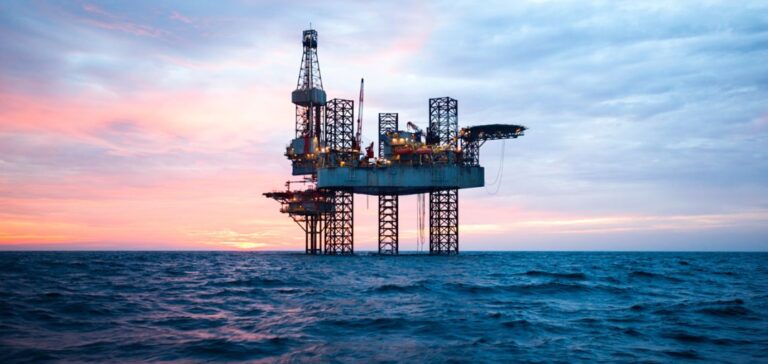The oil and gas upstream mergers and acquisitions (M&A) market is entering a slowdown phase in 2025, following an exceptionally active cycle. Driven by mega-mergers in the U.S. shale sector, M&A activity reached record levels in 2023 and 2024. Today, the volume of ongoing transactions stands at approximately $150 billion, but a return to recent peaks seems unlikely.
North America Leads Amid a Moderating Trend
North America remains the primary driver of upstream M&A, with nearly $80 billion in market opportunities. In the United States, shale consolidation reached a peak in 2023 with 17 merger deals, compared to only three the previous year. However, the expected slowdown in 2025 is due to the stabilization of major players and more cautious valuations, particularly influenced by Henry Hub prices, which directly impact shale gas profitability.
In South America, deal values surged from $3.6 billion in 2023 to $14.1 billion in 2024, excluding Chevron’s acquisition of Hess. This increase is driven by regional exploration and production (E&P) ambitions, even as Petrobras has halted its divestment program, limiting the volume of potential deals in the short term.
The Middle East Emerges as a New M&A Hub
The Middle East is experiencing a rise in oil and gas transactions. In 2024, deal values reached $9.65 billion, close to the peak of $13.3 billion recorded in 2022. This momentum is fueled by liquefied natural gas (LNG) capacity expansion projects, particularly QatarEnergy’s North Field expansion and ADNOC’s Ruwais LNG project.
QatarEnergy aims to increase its LNG production to 142 million tonnes per annum (Mtpa) by the early 2030s. ADNOC, on the other hand, is reportedly considering awarding an additional 5% stake in the Ruwais LNG project to an international partner. However, regional geopolitical tensions could slow down some transactions and deter international investors.
Europe Loses Momentum Due to Fiscal Constraints
In Europe, transaction values fell by 10% year-on-year, reaching $14 billion in 2024. Nearly three-quarters of the deals were concentrated in the United Kingdom, where major companies are adopting an autonomous asset strategy in the North Sea. The largest deal of the year was the merger of Shell and Equinor’s UK upstream portfolios, creating the largest producer in the region with an expected output of 140,000 barrels of oil equivalent per day (boepd) by 2025.
Despite approximately $8 billion in upstream opportunities, the European business climate remains uncertain, primarily due to the UK’s fiscal policy. The country alone accounts for 73% of potential deals, totaling around $5.9 billion. Stricter offshore oil and gas taxation conditions are curbing buyer interest. Given this environment, a new trend may emerge, focusing on portfolio combinations that balance deferred tax positions and future investments.






















